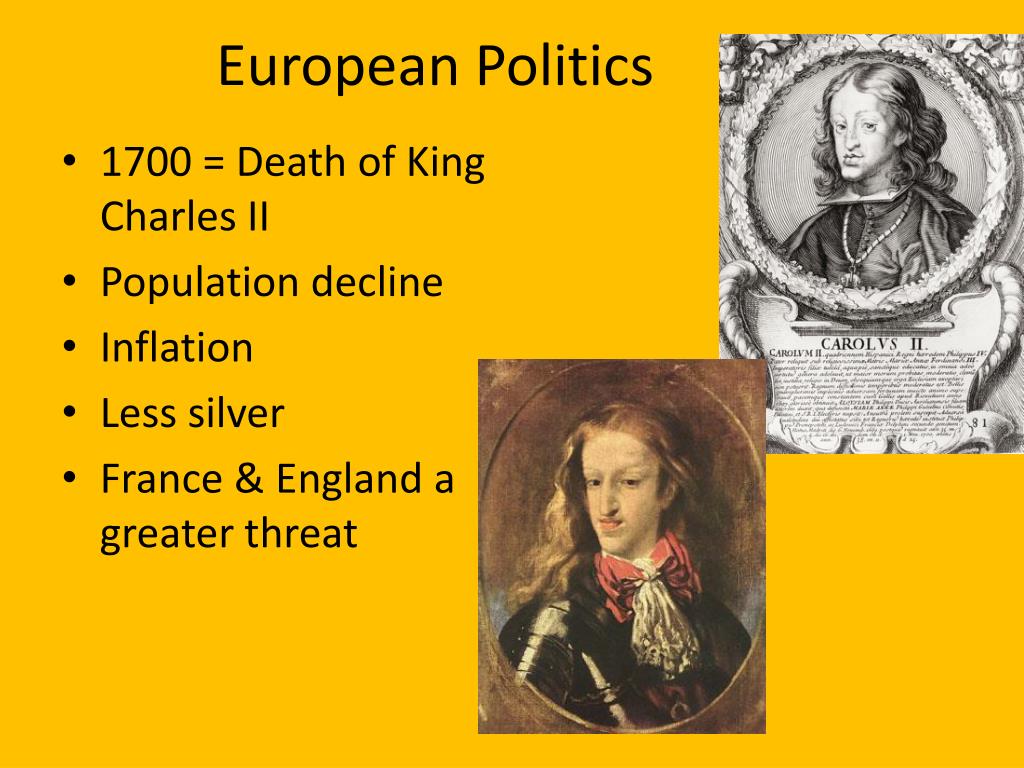


Its first part deals with the balance-of-power diplomacy of the eighteenth century, which largely reflected opposing dynastic ambitions and interests. How that happened and why it did so constitute the theme of this book. "What happened, in the last analysis," he argues, "was a general recognition by the states of Europe that they could not pursue the old politics any longer and had to try something new and different" (viii). His ultimate purpose is to identify and explicate those underlying intellectual and spiritual forces. He believes that behind the interplay of politics and diplomacy lie ideas, beliefs, principles, and convictions. That is part of the charm of this book that is what makes it such fun to read.īut whereas Taylor was essentially a controversialist and paradoxist, Schroeder is at heart a moralist and exegete. Taylor, author of the succeeding volume in the Oxford History of Modern Europe, Schroeder delights in iconoclasm. The book is strewn with rejected traditional interpretations and discarded scholarly truisms. He defiantly challenges and questions conventional wisdom. However, Schroeder is not content simply to present a summary or synthesis of the diplomacy of the Great Powers from the age of enlightened despotism to the period of the Restoration. It is an aim that many readers will share and support. Schroeder says so right in his preface: "The work aims to bring international politics back into the centre of this era of European history, where it once was and where it still belongs" (ix). In other words, it is a diplomatic history. It is rather a lengthy but highly readable and provocative examination of the development of international relations during that period. It does not really deal with the changing nature of politics in Europe between the Seven Years' War and the "springtime of peoples" in the middle of the nineteenth century.

The title of this book is somewhat misleading. APA style: The Transformation of European Politics, 1763-1848.The Transformation of European Politics, 1763-1848." Retrieved from 1995 Phi Alpha Theta, History Honor Society, Inc. MLA style: "The Transformation of European Politics, 1763-1848." The Free Library.


 0 kommentar(er)
0 kommentar(er)
